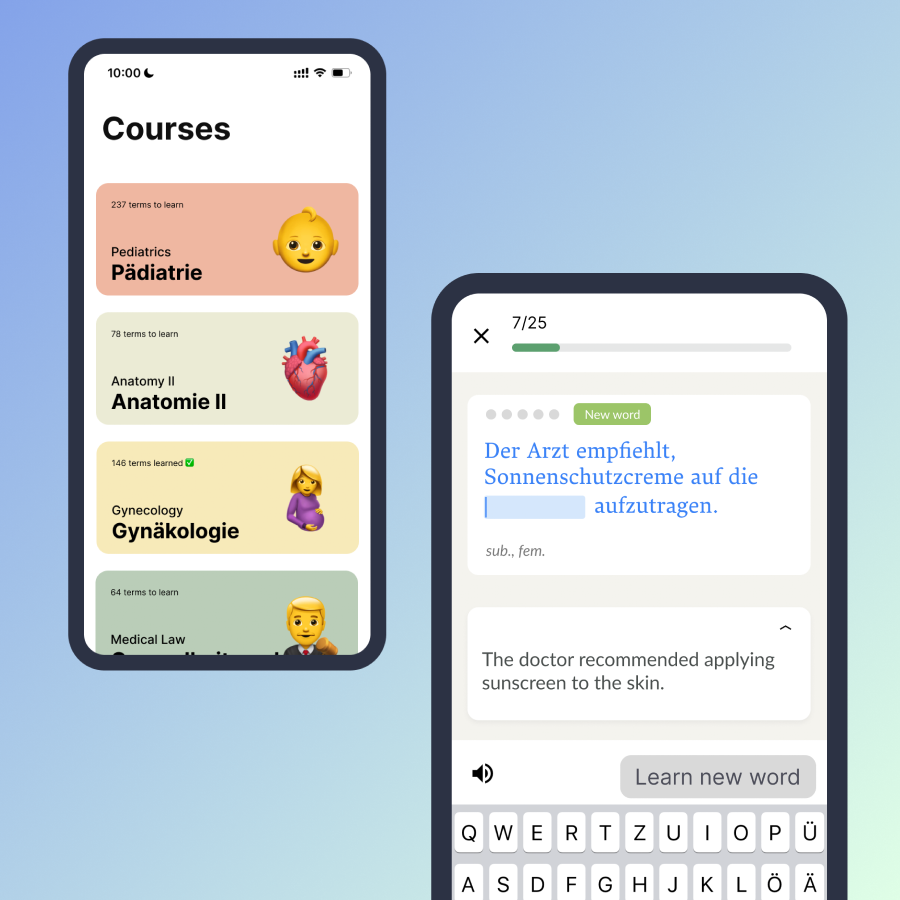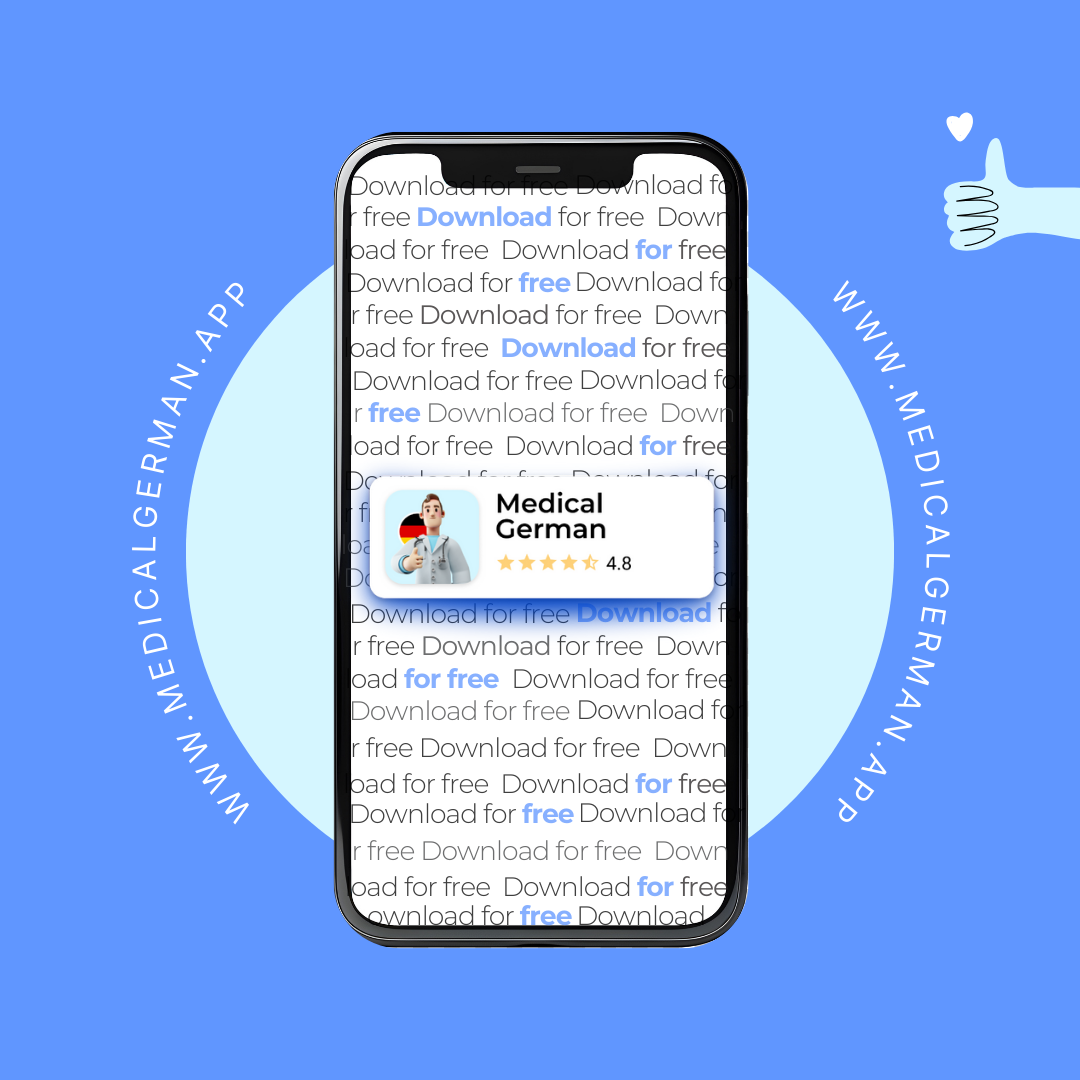What Level of German is Required for Doctors and Nurses to Work in Germany?
For foreign doctors and nurses wishing to work in Germany, the officially established minimum level of German is B2. But what does this mean in practice? Is B2 sufficient for effective work as a doctor within the German healthcare system?
B2 Level: The Starting Point
The B2 level serves as a threshold that allows foreign doctors and nurses to begin their journey in the German healthcare system. However, having a B2 certificate and actually mastering the language at a B2 level are not the same. The certificate indicates that you can understand and use more complex structures of the German language, but this is often not enough for full communication with patients, colleagues, and administrative staff.
What is Required to Pass the FSP Exam?
The Fachsprachprüfung (FSP) is a specialized exam assessing medical German proficiency. It evaluates skills such as collecting a patient’s medical history (anamnesis), explaining diagnoses and presenting treatment plans to patients, documenting medical records, discussing clinical cases with colleagues.
Language Skills Required for the FSP:
- Understanding professional medical terminology and using it effectively in conversations with colleagues and patients.
- Explaining medical terms in a simple and understandable way so that patients can comprehend their diagnosis and treatment.
- Documenting medical information in German — the information must be structured, precise, and clear.
Passing the FSP demonstrates that a doctor or nurse not only understands German but can also apply it in medical practice. This exam is far more demanding than a standard B2 language test.
What is Needed for Daily Medical Practice
After successfully passing the FSP exam, your German language skills will be tested daily in real-life practice. You will be expected to:
- Accurately collect and document a patient’s medical history, clearly and precisely recording all information.
- Explain diagnoses and treatments to patients in a simple, accessible language, avoiding professional terms that may be difficult to understand.
- Clearly understand instructions and questions from colleagues, many of whom will use rich medical terminology and abbreviations.
- Effectively communicate with administrative staff and handle phone calls from patients or medical colleagues.
Why B2 is Not Enough
As a doctor or nurse in Germany, it’s important to have a level of medical German that enables you not only to understand patients and colleagues but also to avoid potential mistakes due to misunderstandings. This is especially critical for medical professionals who need to confidently make clinical decisions, collaborate with various specialists, and take responsibility for patients' lives and health.
For employers and patients, your German proficiency will have a direct impact on your performance. They expect you to work autonomously without struggling with understanding or explaining in German. Employers are not interested in hiring staff who require special concessions due to insufficient language skills. The German medical sector places high value on efficiency and accuracy, and your language abilities must meet these standards.
Conclusion
The B2 level provides a starting point, but for a stable and successful career as a doctor or nurse in Germany, you will need a deep understanding of medical terminology and confident proficiency in German in a professional setting. Passing the FSP exam and working in the field demand much more than just a formal certificate. The better prepared you are, the higher your chances of successful integration into the German healthcare system and building a long-term medical career.
2024-11-20 19:26

